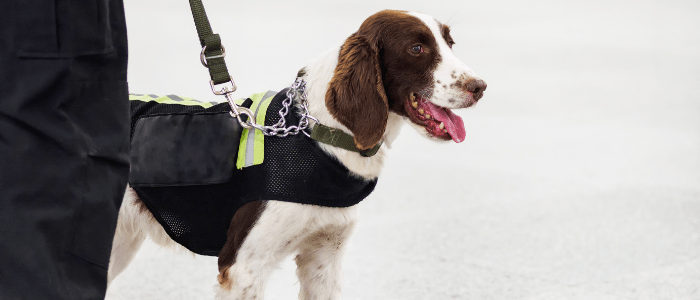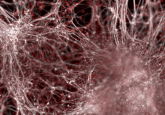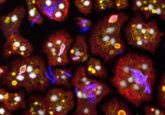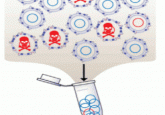Old dogs teaching us new tricks in the detection of prostate cancer

Research into medical detection dogs aims to improve diagnostic approaches for prostate cancer. Specially trained medical detection dogs have been used in the detection of cancers for several years. Now, new research suggests that an artificial neural network could learn from the dogs’ ability to recognize aggressive prostate cancer. The research team from Medical Detection Dogs (Milton Keynes, UK) led by Claire Guest, have published their findings in PLOS ONE. These dogs can be used to detect aggressive prostate cancer from urine samples with a high level of accuracy compared to other testing methods, such as the prostate-specific antigen (PSA) screening test, which can miss aggressive forms of the disease or give a false indication of the aggressiveness...
To view this content, please register now for access
Join our member community for FREE to access a collection of journal and online-only features, including:
- Exclusive access to educational videos, eBooks and insights into top BioTechniques journal articles
- The latest news and journal updates delivered straight to your inbox when you want it
- Personalized recommendations for the latest member-exclusive podcasts, interviews and expert opinions
- Priority registration to webinars, panel discussions and events
- Access to competitions and journal publication discounts, including 10% off open access fees when you sign up today!





